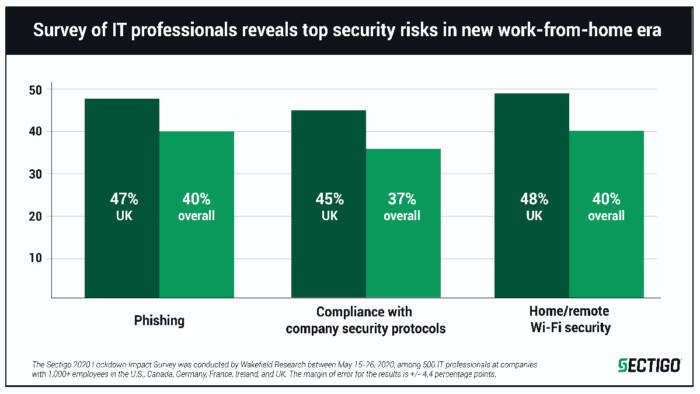Compliance during a pandemic:
What has changed?
The pandemic has forced many businesses to change the way they work. From the location of their employees, to the rules and regulations they’re required to follow. Priorities have had to be reassessed in order to adapt to the ‘new normal’ and for businesses to remain compliant. With a changing business environment, tough economic conditions, evolving risks and cost pressures, the reliance and pressure on the compliance team is incredibly high.

Mark Baggs
Head of Global Expansion
So, how has the pandemic changed compliance?
Process changes
There have been substantial process changes business have had to adapt to over a very short time period. The level of flexibility around remote working for example. How remote can an employee be? Are they able to work from abroad? What does this mean for your office space and do you need to remain available should people chose to come in? There are several questions compliance and HR teams need to know the answer to, to remain compliant.
There will be local and national laws regarding restrictions required in workplaces. Knowing and keeping up to date is important not only to remain complaint, but for the safety of the workforce. Planning for any potential changes and risk can help prepare for the future and minimise disruption.
Technology change
The sudden need to work from home has meant a very fast adoption of different technologies. Whether it’s the introduction to Teams or the adoption of a project management app like Asana, platforms we may never have heard of just seven months ago, now form an essential part of our day-to-day work.
The reliance of these technologies means HR teams have had to accelerate their digital transformation strategies to ensure staff have the suitable technology and platforms to be able to communicate and work remotely. With this, it’s often meant additional training for staff in order to adapt and work effectively.
Increased risk
The pandemic has increased existing risks and created new ones. Many organisations were forced to roll out remote working almost immediately, with little time to put procedures in place to ensure a smooth technical implementation and suitable home working environment. As a result, many businesses have had to increase their cyber security and data protocols to ensure company data remains safe. As shown below, working from home presents several security risks for businesses.
Source: Sectigo
Alongside technical risk, as the workforces become remote, the balance between work and home life can become blurred. A challenge for some is transitioning from a busy office environment which comes with interaction and social stimulation in between work, to working in an isolated environment. Employers are no longer able stroll across the office to meet with their staff, therefore a challenge can be staying up to date and checking in with the wellbeing of employees.
Government aid has also changed to support workers and businesses during the pandemic. For example, in the UK the furlough scheme has just been extended, and in the US they have the job retention scheme. These schemes help businesses retain staff and provide financial relief to employees, so being aware of them is vital.
Communication is key
Now more than ever, communication is needed to support compliance. In a time that can be isolating and uncertain, relaying guidance from official sources and keeping employees informed of relevant policy changes is vital.
As with all areas of communication, finding the time to talk to teams and check in helps mitigate problems and potential risks before they arise. The pandemic is stressful for everyone, so maintaining communication and ensuring employee wellbeing is high on the priority list can make a massive difference.
Companies need to be flexible and able to adapt to the frequent changes that arise from the pandemic. This is challenging enough in your home country but doing so abroad comes with an added level of complexity. As a PEO, we can provide you with a seamless global expansion, dealing with the complexities of compliance and employee outsourcing. Request a call back today.
